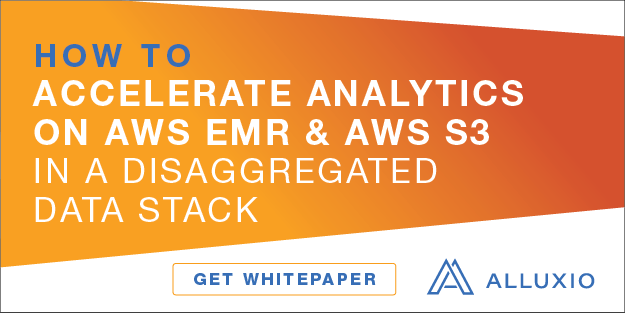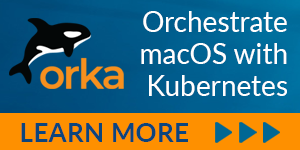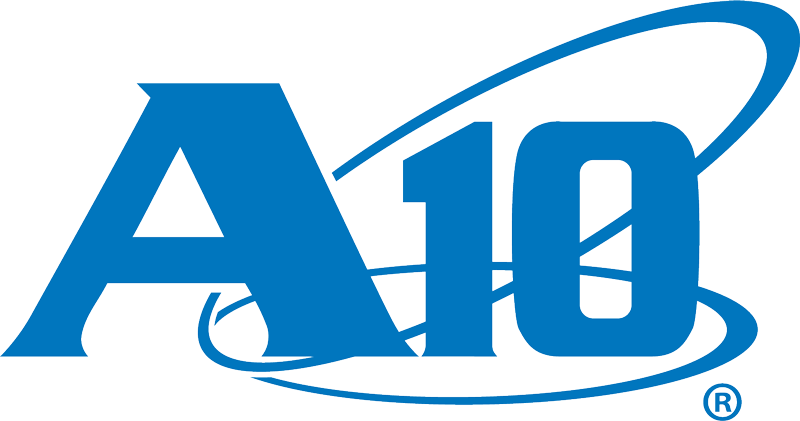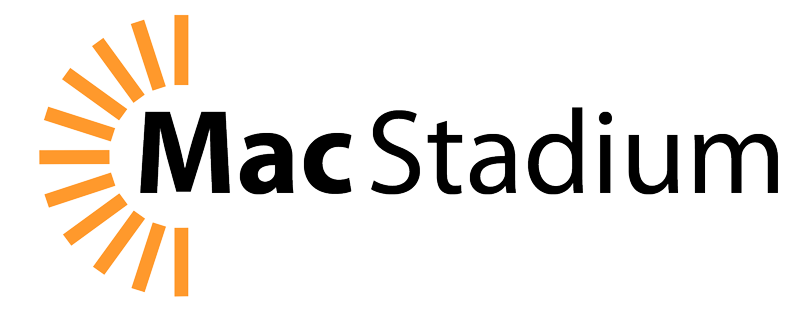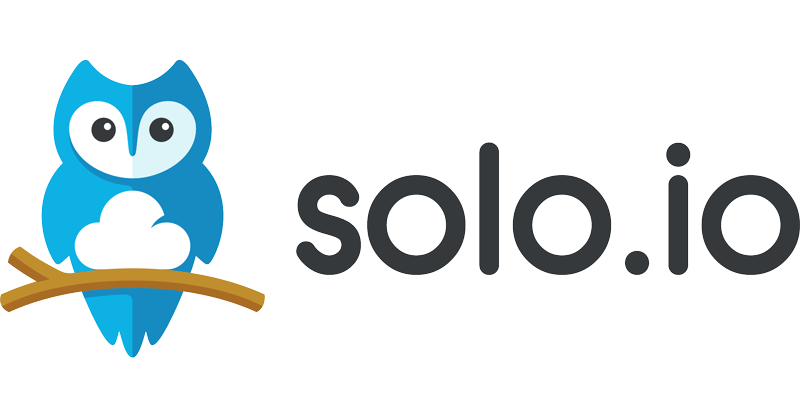The latest release incorporates industry-first features for configuration management and vulnerability management that enable businesses to achieve stronger protection of cloud-native, containerized applications. StackRox now makes it easier to discover and understand vulnerabilities across Kubernetes environments, identify insecure configurations across applications and infrastructure, and integrate with additional ecosystem platforms.
"Mitigating the growing threat of Kubernetes vulnerabilities and avoiding misconfigurations are major priorities for cloud-native organizations like ours," said Maxx Lobo, CTO of Ask Media Group, a StackRox customer. "The new workflows from StackRox enable our teams to automatically identify and address these risks, so that we can be smarter about how to focus our time and resources when it comes to securing our Kubernetes applications. StackRox allows us to keep moving fast on our digital transformation initiatives while improving our security."
StackRox is the first security solution to provide dedicated dashboards and workflows for Kubernetes configuration management that help reduce misconfigurations, thereby reducing risk.
- Interactive dashboards - StackRox enables users to view risk-prioritized misconfigurations, easily drill down to critical information about where misconfigurations exist, determine relevant context required for effective remediation, and speed collaboration between security and DevOps teams.
- Kubernetes role-based access control (RBAC) assessment - StackRox continuously monitors permissions for users and service accounts to help mitigate against excessive privileges being granted - a source of potential exploits of various threat vectors - as well as identify potential misconfigurations and inform risk analysis.
- Kubernetes secrets access monitoring - StackRox discovers secrets in Kubernetes and monitors which deployments can use them to ensure unnecessary access can be limited.
- Kubernetes-specific policy enforcement - StackRox identifies configurations in Kubernetes related to network exposures, privileged containers, processes running as root, compliance with industry standards, and other factors to determine policy violations.
In addition to configuration management, StackRox is also introducing advanced vulnerability management capabilities, including:
- Interactive dashboards - StackRox provides interactive views that provide risk-prioritized snapshots across your environment, highlighting vulnerabilities in both images and Kubernetes.
- Discovery of Kubernetes vulnerabilities - StackRox provides visibility into critical vulnerabilities that exist in the Kubernetes platform itself, including those related to the Kubernetes API server that have been disclosed by the Kubernetes product security team, in the recent security audit, and via other channels.
- Language-specific vulnerabilities - StackRox scans container images for additional vulnerabilities that are language-dependent, providing greater coverage across containerized applications.
Along with the new feature set for configuration management and vulnerability management, the latest release of the StackRox Kubernetes Security Platform also adds support for the following ecosystem platforms:
- CRI-O container runtime - StackRox supports CRI-O, a lightweight runtime optimized for Kubernetes that is an Open Container Initiative (OCI)-compliant implementation of the Kubernetes Container Runtime Interface. CRI-O is a Cloud Native Computing Foundation (CNCF) incubation-level hosted project.
- Kubernetes on Distributed Cloud Operating System (DC/OS) - StackRox supports using Kubernetes on the DC/OS platform, developed and maintained by D2iQ (formerly Mesosphere).
- Microsoft Teams integration - StackRox natively integrates with Microsoft Teams to deliver security alerts and violation data directly to the right resource owners across security and DevOps.
"When it comes to Kubernetes security, new challenges related to vulnerabilities and misconfigurations continue to emerge," said Wei Lien Dang, vice president of product and co-founder, StackRox. "DevOps and Security teams need solutions that quickly and easily solve these issues. StackRox 3.0 is the first container security platform with the capabilities orgs need to effectively deal with Kubernetes configurations and vulnerabilities, so they can reduce risk to what matters most - their applications and their customer's data."
StackRox has made all these capabilities immediately available in this latest major update to its StackRox Kubernetes Security Platform. The company will be highlighting these recent product additions at KubeCon next week.
